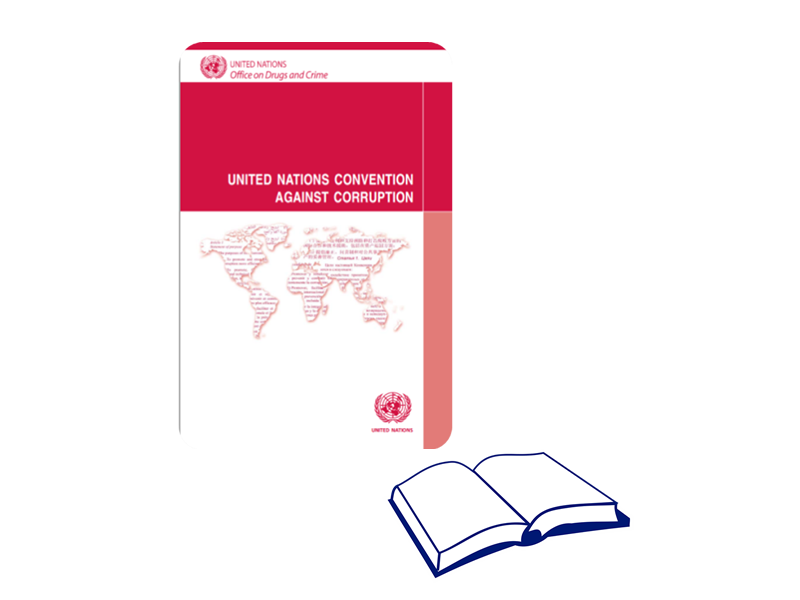 UNDP'S ONLINE COURSE ON ANTI-CORRUPTION AGENCIES
UNDP'S ONLINE COURSE ON ANTI-CORRUPTION AGENCIES
- For further information please visit the additional resource
- For further information please visit the additional resource
- For further information please visit the additional resource
- For further information please visit the additional resource
- For further information please visit the additional resource
- For further information please visit the additional resource
- E-LEARNING HUB
- HOME
- MODULE 1
- LESSON 2
Background
While ACAs have been in existence for more than 50 years, it was only in the 1990s, with the democratization of Eastern Europe followed by the growing importance of the good governance agenda in development circles, that ACAs were popularized. With the advent of UNCAC in 2005, ACAs now have global recognition as vital elements of national anti-corruption frameworks to prevent and combat corruption. Articles 6 and 36 of UNCAC require State Parties to ensure the existence of bodies dealing with prevention and law enforcement against corruption.
Article 6.
Preventive anti-corruption body or bodies 1. Each State Party shall, in accordance with the fundamental principles of its legal system, ensure the existence of a body or bodies, as appropriate, that prevent corruption by such means as: (a) Implementing the policies referred to in article 5 of this Convention and, where appropriate, overseeing and coordinating the implementation of those policies; (b) Increasing and disseminating knowledge about the prevention of corruption.
Article 36.
Specialized authorities Each State Party shall, in accordance with the fundamental principles of its legal system, ensure the existence of a body or bodies or persons specialized in combating corruption through law enforcement. Such body or bodies or persons shall be granted the necessary independence, in accordance with the fundamental principles of the legal system of the State Party, to be able to carry out 27 their functions effectively and without any undue influence. Such persons or staff of such body or bodies should have the appropriate training and resources to carry out their tasks.
2. Each State Party shall grant the body or bodies referred to in paragraph 1 of this article the necessary independence, in accordance with the fundamental principles of its legal system, to enable the body or bodies to carry out its or their functions effectively and free from any undue influence. The necessary material resources and specialized staff, as well as the training that such staff may require to carry out their functions, should be provided.
3. Each State Party shall inform the Secretary-General of the United Nations of the name and address of the authority or authorities that may assist other States Parties in developing and implementing specific measures for the prevention of corruption.

Background Information
While UNCAC Articles 6 and 36 set basic principles concerning ACAs, no international norms have been drawn for ACAs. UNCAC specifically recognizes that States Parties must “ensure the existence of an agency or bodies.” States Parties recognized that there is no “one-size- fits-all” approach for ACAs. While some countries may place all Article 6 and 36 functions inside a single specialized agency, others may split those functions between a number of agencies. These decisions will depend on a country’s political context, administrative environment and resources.